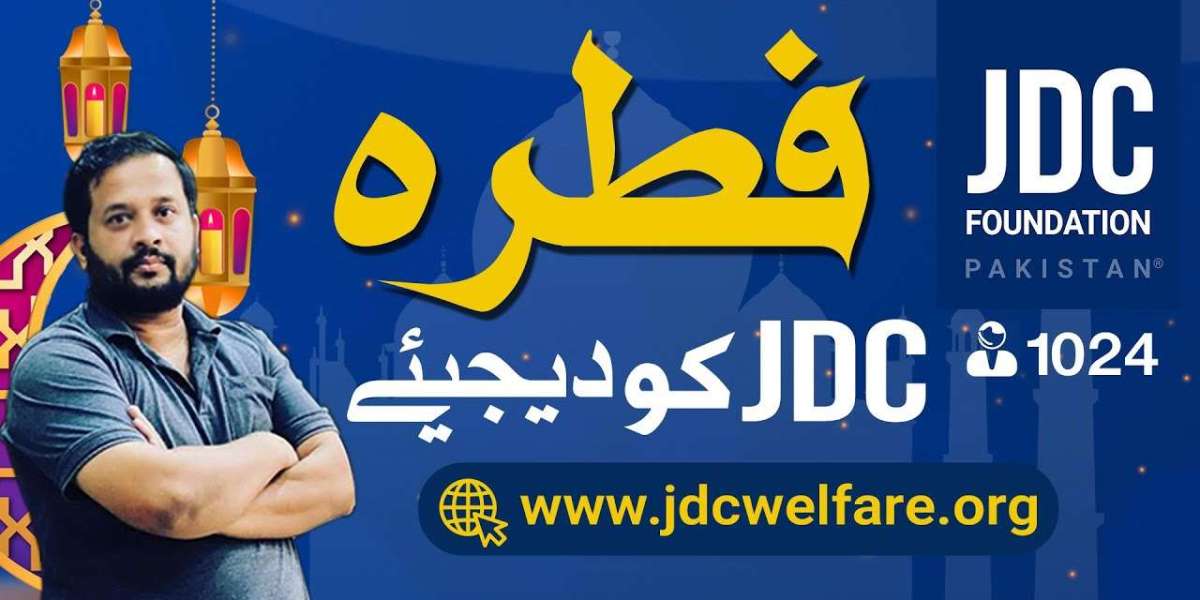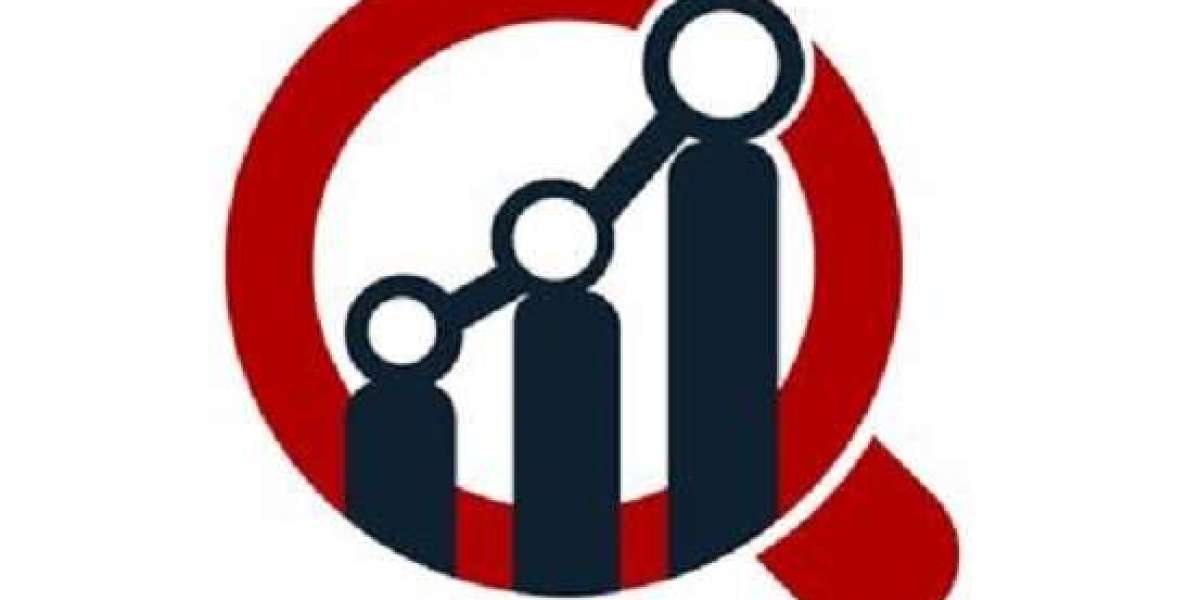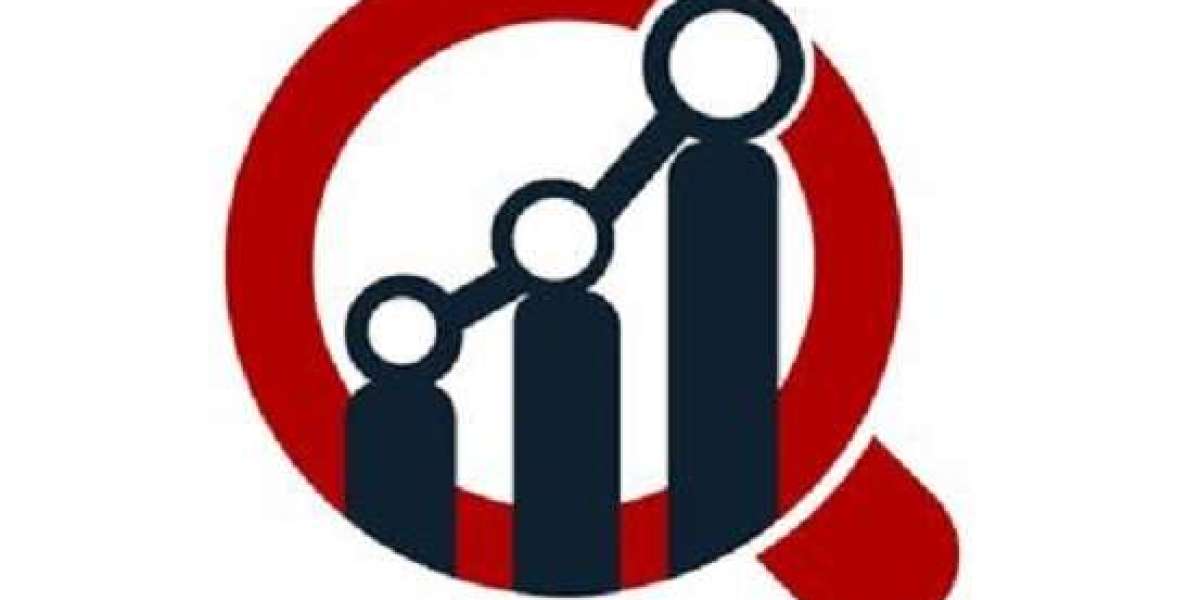Fitrana:
In the Islamic faith, Fitrana holds a significant place as an act of worship and charity. As the holy month of Ramadan approaches, Muslims worldwide engage in various rituals and practices, one of which is the obligation of Fitrana. This article explores the essence of Fitrana, its significance, and its role within the Muslim community.
Understanding the Concept of Fitrana
Fitrana, also known as Zakat al-Fitr, is a form of charity obligatory upon every Muslim who possesses the means to do so. It serves as a purification for the fasting person and helps to cleanse one's wealth. The concept of Fitrana is deeply rooted in the teachings of Islam, emphasizing compassion, empathy, and solidarity with the less fortunate.
JDC's expertise and reach make it a worthy recipient for Fitra donations. Your contribution supports comprehensive programs addressing poverty's various aspects.
The Significance of Fitrana during Ramadan
During the blessed month of Ramadan, Muslims fast from dawn till dusk, refraining from food, drink, and other physical needs. Fitrana holds particular importance during this time, serving as a means of expiation for any shortcomings or mistakes made during the fasting period. It is also a way to ensure that the less fortunate members of the community can partake in the joyous celebrations of Eid al-Fitr.
Guidelines for Paying Fitrana
Determining the amount of Fitrana to be paid is based on the value of staple food items, such as wheat, barley, dates, and raisins. It is typically equivalent to the cost of one meal per person in the household and should be paid before the Eid prayer. Those who have the financial means are obliged to pay Fitrana on behalf of themselves and their dependents.
Benefits of Paying Fitrana
Paying Fitrana not only fulfills a religious obligation but also carries numerous spiritual and social benefits. It purifies one's wealth, fosters a sense of solidarity within the community, and ensures that everyone can partake in the festivities of Eid.
Fitrana Distribution
Channels for distributing Fitrana include local mosques, charitable organizations, and directly to those in need. The distribution of Fitrana plays a crucial role in alleviating poverty and addressing the needs of marginalized communities.
The Role of Fitrana in Community Building
Fitrana strengthens the bonds of brotherhood and sisterhood within the Muslim community. By contributing to Fitrana, individuals actively participate in the welfare of others, fostering a sense of compassion and empathy.
Common Misconceptions about Fitrana
There are misconceptions surrounding the timing and obligation of Fitrana. Some mistakenly confuse it with Zakat, while others may overlook its importance or delay its payment.
How to Calculate Fitrana
Calculating Fitrana requires considering various factors, including the number of dependents and the prevailing cost of staple food items. Online resources and calculators are available to assist individuals in determining the appropriate amount.
Fitrana in Contemporary Context
In modern society, the concept of Fitrana remains relevant, albeit with certain adaptations and challenges. Technology and digital platforms have facilitated the process of calculating and distributing Fitrana, making it more accessible to a wider audience.
Fitrana as an Act of Worship
Fitrana is not merely a financial obligation but an act of worship imbued with spiritual significance. By paying Fitrana with sincerity and devotion, individuals express gratitude for the blessings bestowed upon them and fulfill their duty towards those in need.
Fitrana and Ramadan Traditions
Fitrana practices vary across different cultures and regions, yet they all reflect the spirit of generosity and compassion inherent in Islam. From communal feasts to charitable events, Fitrana rituals enrich the cultural tapestry of Ramadan traditions.
Fitrana and Social Responsibility
Beyond the confines of Ramadan, Fitrana reminds us of our ongoing social responsibility to uplift the disadvantaged and marginalized. It serves as a reminder of the importance of generosity, compassion, and solidarity in building a more equitable society.
Fitrana: A Reflection of Generosity
In essence, Fitrana embodies the spirit of generosity and selflessness that lies at the heart of Islam. It is a symbol of compassion, empathy, and solidarity with those less fortunate, reflecting the core values of the Islamic faith.
Closing remarks
In conclusion, Fitrana is more than a religious obligation; it is a testament to the compassion and generosity of the Muslim community. By paying Fitrana, individuals not only fulfill a fundamental tenet of their faith but also contribute to the well-being and prosperity of society as a whole.
Unique FAQs
What happens if someone forgets to pay Fitrana before Eid?
Can Fitrana be given in non-monetary forms, such as food or clothing?
Is there a specific deadline for paying Fitrana?
What should I do if I am unsure about the amount of Fitrana to pay?
Are there any exceptions to the obligation of paying Fitrana?









